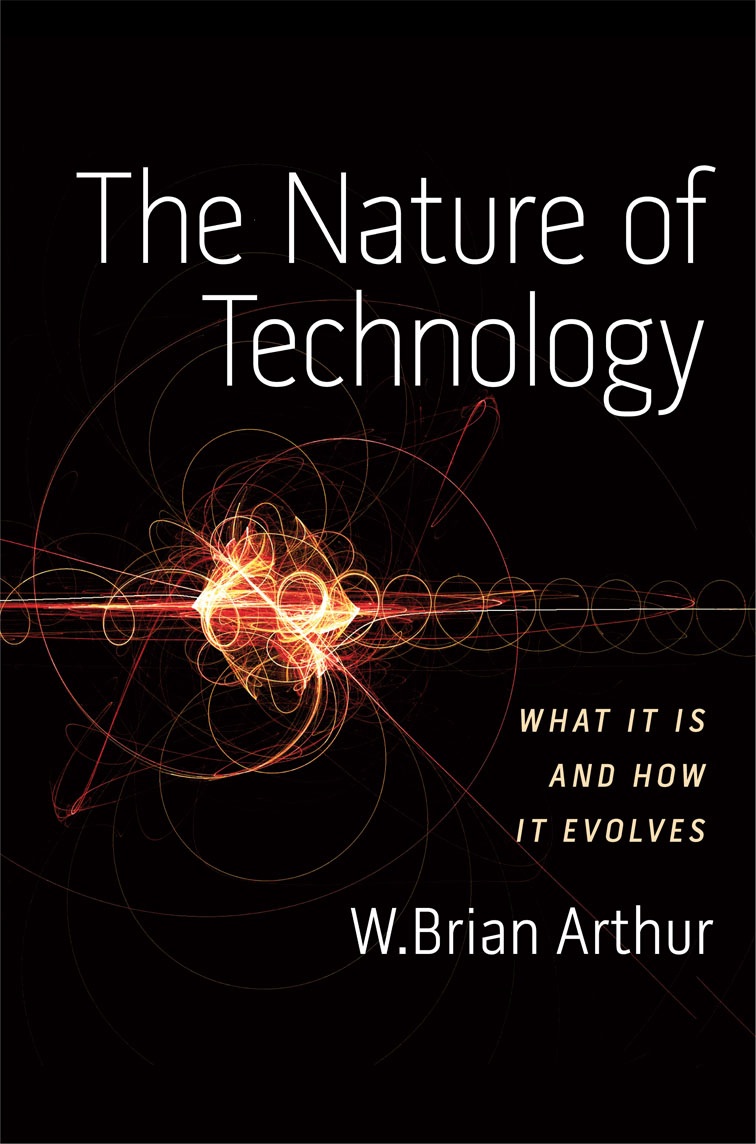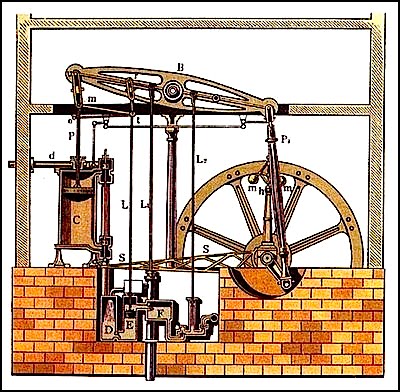Book: The Nature of Technology: What it Is and How it Evolves
 The Free Press (Simon & Schuster) in the US, Penguin Books in the UK, 2009. Editions in Chinese, Japanese and Italian.
The Free Press (Simon & Schuster) in the US, Penguin Books in the UK, 2009. Editions in Chinese, Japanese and Italian.
The book was nominated for a Pulitzer prize by Simon and Schuster in 2009.
See excerpt from the book: here.
From the cover: "The Nature of Technology is an elegant and powerful theory of the origins and evolution of technology. It accomplishes for the progress of technology what Thomas Kuhn's The Structure of Scientific Revolutions did for scientific progress. Arthur explains how transformative new technologies arise and how innovation really works. Conventional thinking ascribes the invention of technologies to “thinking outside the box,” or vaguely to genius or creativity, but Arthur shows that such explanations are inadequate. Rather, technologies are put together from pieces — themselves technologies — that already exist. Technologies therefore share common ancestries, and combine, morph, and combine again, to create further technologies. Technology evolves much as a coral reef builds itself from activities of small organisms — it creates itself from itself; and all technologies are descended from earlier technologies. Drawing on a wealth of examples, from historical inventions to the high-tech wonders of today, and writing in wonderfully engaging and clear prose, Arthur takes us on a mind-opening journey that will change the way we think about technology and how it structures our lives."
"Multifaceted, enlightening, and stimulating. Invites comparisons with work by Thomas Kuhn and Joseph Schumpeter. Economists, social scientists, engineers, and scientists all may come to regard it as a landmark." --Review in Science
